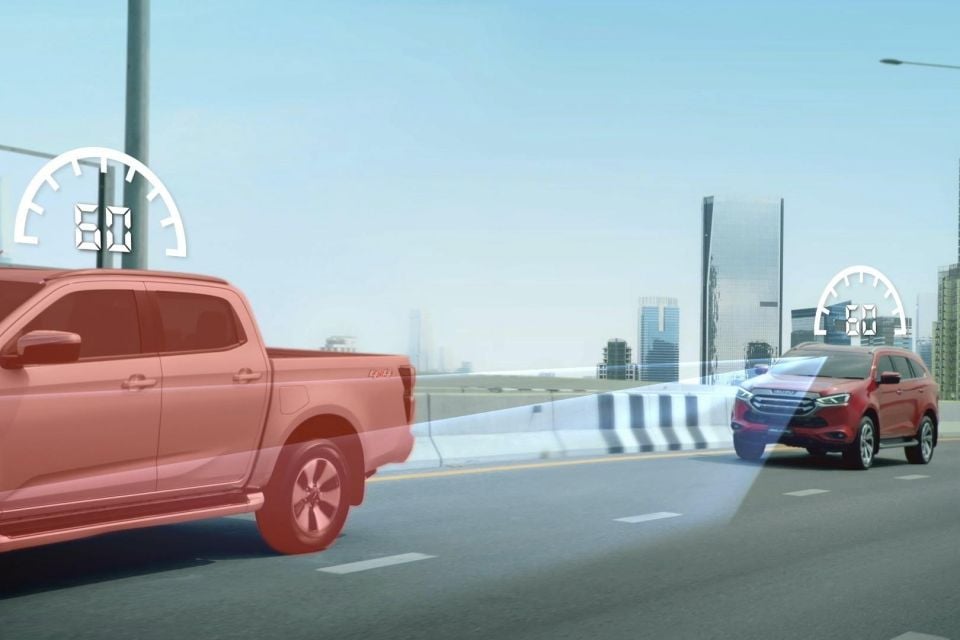New analysis has discovered the vast majority of Australian motorists aren’t but prepared to totally undertake in-car applied sciences similar to adaptive cruise management, brake help, and assisted parking, regardless of proudly owning autos outfitted for such capabilities.
A examine performed by Australian servicing and analysis firm mycar have discovered that regardless of 76 per cent of drivers proudly owning vehicles with some type of superior driver help methods (ADAS), solely round 30 per cent of Australians have used adaptive cruise or lane help of their most used car.
Additional, a decreased 28 per cent of respondents say they’ve used brake help, and solely 22 per cent have used assisted parking.
mycar head of technical transformation Tom Hatch says “the belief hole isn’t about functionality – it’s about confidence and understanding”.
CarExpert can prevent 1000’s on a brand new automotive. Click on right here to get a fantastic deal.
“Options like adaptive cruise management and lane help are designed to make driving safer and fewer hectic, but solely round a 3rd of drivers recurrently use them,” he informed CarExpert.
“These applied sciences can scale back the danger of collisions, handle fatigue, and enhance effectivity, however uncertainty round how they work – and whether or not they are often trusted – is holding drivers again.”
The analysis comes as driver help methods develop into more and more refined, as evidenced by Tesla’s latest rollout of its Full Self-Driving (supervised) system in Australia and New Zealand.
Even when this function is at the moment restricted to at least one model and prices greater than $10,000 to allow, it’s seemingly that extra manufacturers will develop their very own methods within the coming years, making the know-how extra accessible.

However for now Australian motorists have expressed their reluctance. Simply 19 per cent of mycar’s respondents say they’d use a totally autonomous car for “most or all of their journeys”, even when the tech was authorized and available.
Moreover, 40 per cent of respondents say they wouldn’t really feel comfy handing over full management to self-driving autos.
“Schooling is the lacking hyperlink,” Mr Hatch informed CarExpert. “Drivers want clear, accessible details about how these methods perform in real-world situations. Meaning going past the proprietor’s guide and making driver training an ongoing course of.”
Mr Hatch pointed to the ADAS Steering Service launched by Australasian transport affiliation Austroads earlier this 12 months. Based on the affiliation, this service is meant to “assist drivers, assessors, licensing authorities, and the broader neighborhood higher perceive and safely use ADAS”.

That is achieved by way of quite a few truth sheets and explainer movies, supposed to supply “easy, constant explanations of ADAS capabilities”. A full suite of instructional ‘ADAS Help’ instruments is on the market right here.
“By providing unbiased, sensible steering on how these methods work, initiatives like this assist bridge the hole between innovation and adoption,” Mr Hatch informed CarExpert.
“This sort of help empowers drivers to make use of the most recent know-how accurately – and with confidence.”
mycar’s analysis follows a latest examine by automotive insurer AAMI that reveals Australian drivers are turning off security warning methods they discover “too delicate”, whereas research performed within the Netherlands have discovered using adaptive cruise management might improve the chance of a automotive crash.
Keep tuned to CarExpert for an unique Q&A with mycar managing director Sylvain Borré, going stay on November 8.
MORE: Australian drivers are turning off “annoying” security methods, examine reveals
MORE: This widespread security function could improve the prospect of a automotive crash

